The battle for the top three in the history of football giants: There is no suspense about Messi s old horse, can Mbappe squeeze out Platini?
Mentioning the "historical status of the national team" is always a topic that fans can't stop arguing about after dinner - the club's honor can be accumulated by the team, but every victory and every goal of the national team is connected with the expectations of the entire country, and the weight is completely different. Especially in football giants such as Argentina, Brazil, and Italy, there are so many stars that they "fight". The top two players may have a consensus, but the ownership of the "third player" can often keep fans fighting until late at night. Today we will dismantle them one by one to see how the "top three in history" of these giants should be ranked? Argentina: The first two are locked up. Is the third person the "Uncrowned King" or the "Iron-Blooded Captain"? No one can refute the top two names in Argentina: No. 1 Maradona, the "One Man World Cup" in 1986, used the hand of God and five people in a row to carry Argentina to the top. This "savior" level performance has historically been The only one in history; the second Messi, won the World Cup in 2022 + 8 golden goals, won the Copa America twice, and brought Argentina from the "big competition weak shrimp" to the "Triple Crown". The national team has 114 goals and 63 assists in 195 games. A good harvest of data and honors, firmly holding down the top two. The real controversy lies in the "third person": Di Stefano or Passarella? Di Stefano is a "Real Madrid legend", but his national team career is not outstanding - 6 goals in 6 games and a Copa America. His biggest regret is that his contribution to the Argentine national team is limited; on the other hand, Passarella is Argentina's "iron-blooded team" "Long": 1978 World Cup champion (main defender), 1986 World Cup champion (substitute but still a core member), 20 goals in 60 games for the national team in his career. As a defender, he is good at offense and defense. He is a witness to Argentina's "two World Cups". In terms of "actual contribution to the national team", Passarella seems to be more worthy; but many old fans feel that Di Stefano's personal ability "beyond the times", even if he has less honors in the national team, he should have a place. Who do you stand for? Brazil: There is no suspense about Pele's first place. Can Ronaldo beat the "birdie"? There is only one answer for the "No. 1 player in history" of the Brazilian team: Pele - a three-time World Cup champion (1958, 1962, 1970), with 77 goals in 92 games for the national team. He is the only "Triple Crown" in football. This status cannot be shaken. The controversy starts with the "second person": Ronaldo or Garrincha? Ronaldo’s advantages are obvious: he won the World Cup in 1994 and 2002, scored 8 goals in the 2002 World Cup (all Golden Boots + Golden Goals), scored 62 goals in 98 games for the national team, and his "alien" explosive power and goal-scoring ability are the youth of countless fans; but Garrincha is Brazil's "legendary winger" "Forward", the World Cup champion in 1958 and 1962, especially when Pele retired due to injury in 1962, Garrincha took the lead and won the World Cup Golden Ball + Golden Boot. He was the absolute core of Brazil's "defending World Cup", and his dribbling ability was hailed as "beyond Maradona", but his career was too short (retired at the age of 32). When it comes to "dominance at his peak", Ronaldo is stronger; when it comes to "the key role of the national team", Garrincha is not far behind. As for the "third man", there are more candidates: Zico ("White Pele", although he has no World Cup but is a representative of technical flow), Romario (the core of the 1994 World Cup champion, the "lone wolf" scoring efficiency is astonishing), Kaká (2002 World Cup champion, Golden Globe winner), each of which has a large number of supporters. England: Charlton is firmly in first place, can Beckham beat "Captain Moore"? The "first man in history" of the England team is Bobby Charlton - the core of England's only World Cup championship in 1966. The national team scored 49 goals in 106 games. He is not only the core of tactics, but also the "spiritual symbol" of English football. His status is undisputed. The competition for the "second man" is between Bobby Moore and Beckham: Bobby Moore is the 1966 World Cup champion captain and serves as a defender. He has 108 career games. Although he has not scored a goal, his leadership and defensive stability as captain are the cornerstones of England's championship, and he is the only An England captain who has won the World Cup; Beckham is "the symbol of England", with 17 goals in 115 games. In 2001, his "free kick victory over Greece" helped England qualify for the World Cup. Although there is no major championship, his influence covers the world. He is the player with the third most appearances in England (after Peter Hilton and Rooney). The "third man" is Rooney, the top scorer in England's history (53 goals in 120 games). Although he has no major championships, he has been with England for 13 years from a young genius to the core of the team, with full statistics and loyalty. Some people think that it should be given to Owen (the "youngster chasing the wind" in the 1998 World Cup, 40 goals). After all, Owen's "World Cup famous scene" is more classic. France: Zidane is number one, can Mbappe squeeze out Platini? The "first player in history" of the French team is Zidane - the 1998 World Cup champion (two goals in the final), the 2000 European Cup champion, 31 goals in 108 games for the national team, and countless famous scenes such as "Flying from the Sky" and "Spoon Penalty". He is not only the core of tactics, but also the leader of France's "golden generation". His status is unmatched. The controversy over the "second man" has the flavor of "the alternation between the old and the new": Is it Platini or Mbappe? Platini is France's "Legend of the 1980s": Champion of the 1984 European Cup (9 goals in 5 games, all golden boots + golden goals), 41 goals in 72 games for the national team, although there is no World Cup, but the dominance of the European Cup It can be called "historical"; Mbappe is the "first player of the new generation in active service". He was crowned the 2018 World Cup champion at the age of 18 and the runner-up of the 2022 World Cup (8 goals and the Golden Boot). He has 53 goals and 39 assists in 93 games for the national team. It is still early to discuss whether Mbappe has surpassed Platini, but in four years, if Mbappe can win another World Cup, the position of "second man" may change hands.. As for the "third man", Henry is the most competitive - 51 goals in 123 games, double championships in the 1998 World Cup and the 2000 European Cup. He is not only Zidane's "golden partner", but also the French team's "scoring machine". Netherlands: Cruyff is first, who can occupy two seats among the "Three Musketeers"? The Dutch team is the "uncrowned king", but the "first man in history" is very clear: Cruyff - the runner-up of the 1974 World Cup (although he did not win the championship, he was a representative of "total attack and defense" football and won the World Cup Golden Ball). The national team scored 33 goals in 48 games. Even if he did not win a major championship, his influence on Dutch football was "unprecedented". The "top two and top three" in the Netherlands is actually an internal competition among the "Three Musketeers": Van Basten, Gullit, and Rijkaard, who can occupy two seats? Van Basten has the most obvious advantage: the 1988 European Cup champion (5 goals in 5 games, Golden Boot + Golden Goal), 37 goals in 58 games for the national team, and the "zero-angle volley" is a famous scene in football. Although he retired early due to injury, his dominance in the European Cup is enough to support the "second man"; The remaining "third man", Rijkaard and Gullit, each have supporters. Bergkamp is the "technical ceiling" and both are "all-round players." Gullit is the core of the 1988 European Cup champion, capable of offense and defense, but his national team career is short (17 goals in 66 games). Some people think that it should be given to Robben (37 goals in 96 games, the core of the runner-up in the 2010 and 2014 World Cup). After all, "Old Man Luo"'s inside shot is the most classic label of the Dutch team. Spain: Xavi Iniesta "Who is No. 1"? Is the third person Raul or Villa? The "top two" of the Spanish team are actually more controversial than the "third person": Xavi or Iniesta, who should be ranked first? Both of them are the core of the Spanish "dynasty" (2008 European Cup, 2010 World Cup, 2012 European Cup). Xavi is the "midfield brain". He has 12 goals and 25 assists in 133 games for the national team. His ability to control the rhythm is unmatched. , known as the "soul of Spanish football"; Iniesta is the "Mr. Key", with 14 goals and 30 assists in 131 games. In the 2010 World Cup final, he defeated the Netherlands and directly helped Spain win the first World Cup championship in team history. The attribute of "big heart" is full. In terms of "tactical value", Xavi ranks first; in terms of "key contribution", Iniesta is even better. As for the "third person", the answer is relatively unified: David Villa is the top scorer in Spanish team history (59 goals in 98 games), the 2010 World Cup Golden Boot (5 goals), the core of the 2008 and 2012 European Cup champions, and the "top scorer" of the Spanish "dynasty"; there are also old fans who miss Raul (44 goals in 102 games). Although there is no major championship, the popularity and loyalty of the "Lord of the Rings" are the youth of countless Spanish fans. Italy: the most chaotic "top three"! Who among Baggio, Maldini and Rossi can be on the list? The Italian team is a "star black hole". To choose the "top three" is probably more difficult than choosing the World Cup champion - after all, there are Baggio, Maldini, Rossi, Zoff, Cannavaro, Totti...everyone is a legend. If sorted by "honor + influence", these three may be the most convincing: 1. Paolo Rossi: The core of the 1982 World Cup champion, 6 goals in 7 games (Golden Boot + Golden Goal), eliminated Brazil with a "hat trick", and can be called "the greatest hero in the history of the Italian World Cup". Although the peak of his career is short, one World Cup is enough to become a god; 2. Paolo Maldini: Italy's "legendary left back", who played 126 times for the national team. Although he has no World Cup championship (runner-up in the 1994 World Cup), his 25-year career has been called the "defender benchmark" for his loyalty and defensive ability, and he is the "spiritual symbol" of Italian football; 3. Roberto Baggio: The runner-up in the 1994 World Cup (although he missed a penalty kick, he carried Italy to the final alone), scored 27 goals in 56 games for the national team, and the temperament and skills of the "Melancholic Prince" were "difficult to appease" countless fans. Even if he does not win the World Cup, his popularity and influence are enough to rank among the top three. Of course, some people think it should be given to Zoff (the 1982 World Cup champion goalkeeper, who won the championship at the age of 40, with the second most appearances in team history) and Cannavaro (the 2006 World Cup champion captain, the only defender to win the Ballon d'Or). After all, Italy has too many "defensive legends", and there will be people who are dissatisfied with whoever is selected. There is no "standard answer", only "your answer" In fact, there has never been an absolute standard answer to the "top three in national team history" - some people look at honors, some look at data, some look at feelings, and some look at the influence on football. Just like Argentina's third player, you can choose Passarella's "double crown" or Di Stefano's "beyond the times"; for Italy's top three, you can choose Rossi's "World Cup God" or Baggio's "tragic legend". Then the question is: Who is the third person in Argentina in your heart? Should Brazil's second man be Ronaldo or Garrincha? Among Italy's top three, which names do you think "must be on the list"? Tell us your opinions in the comment area, and please criticize and correct any inappropriateness! 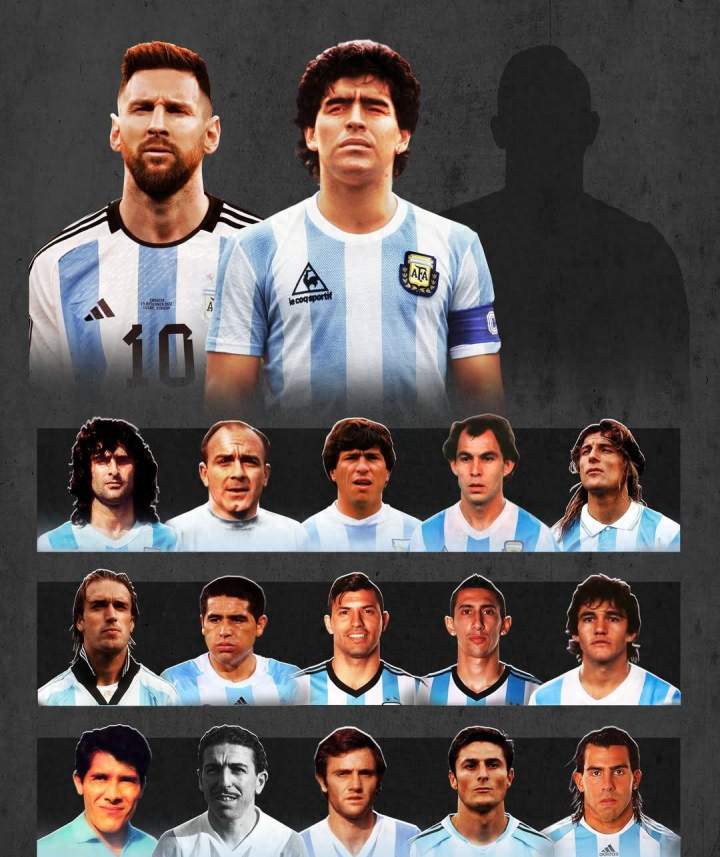
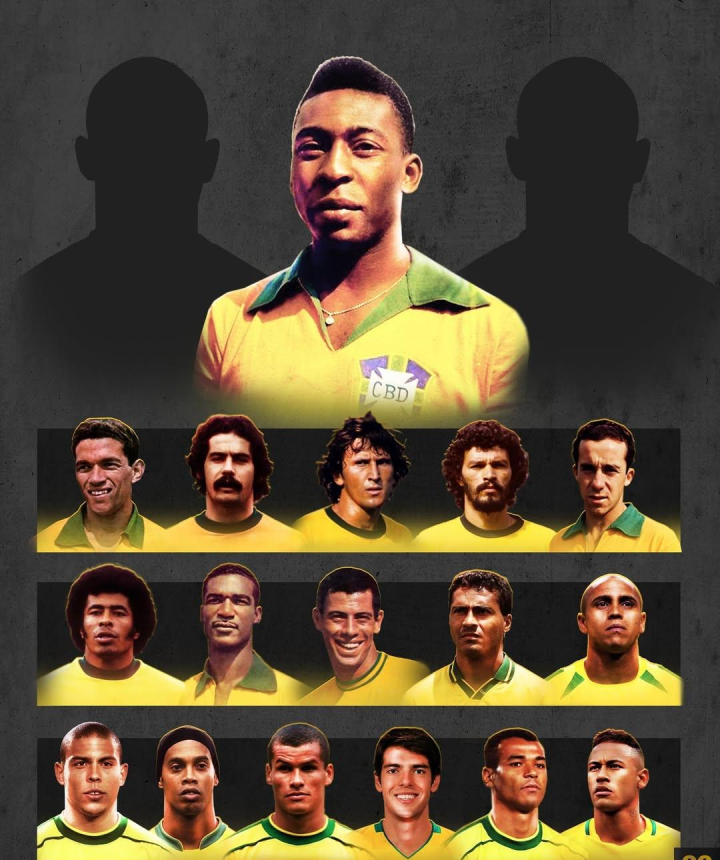
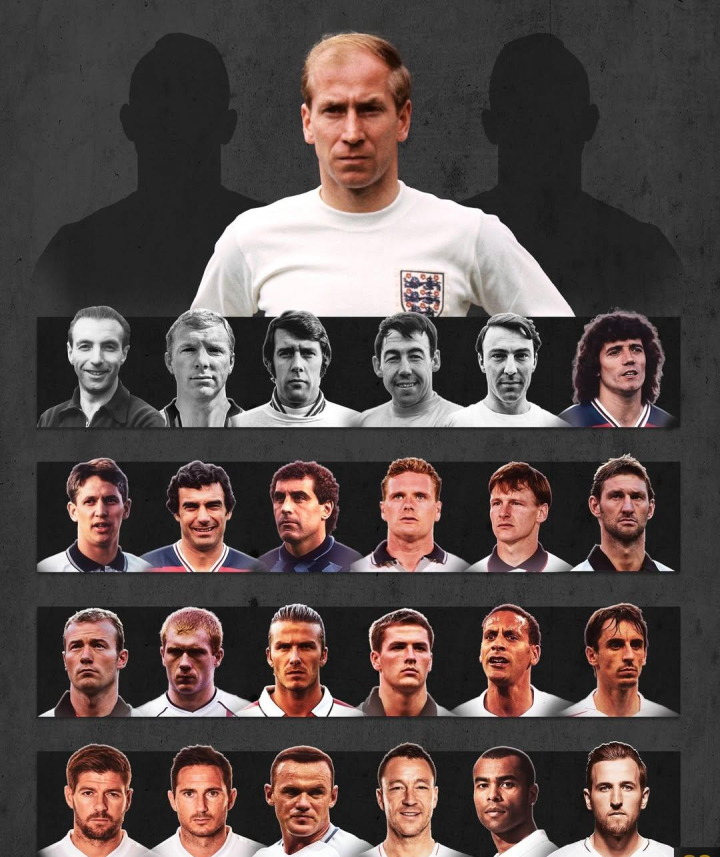
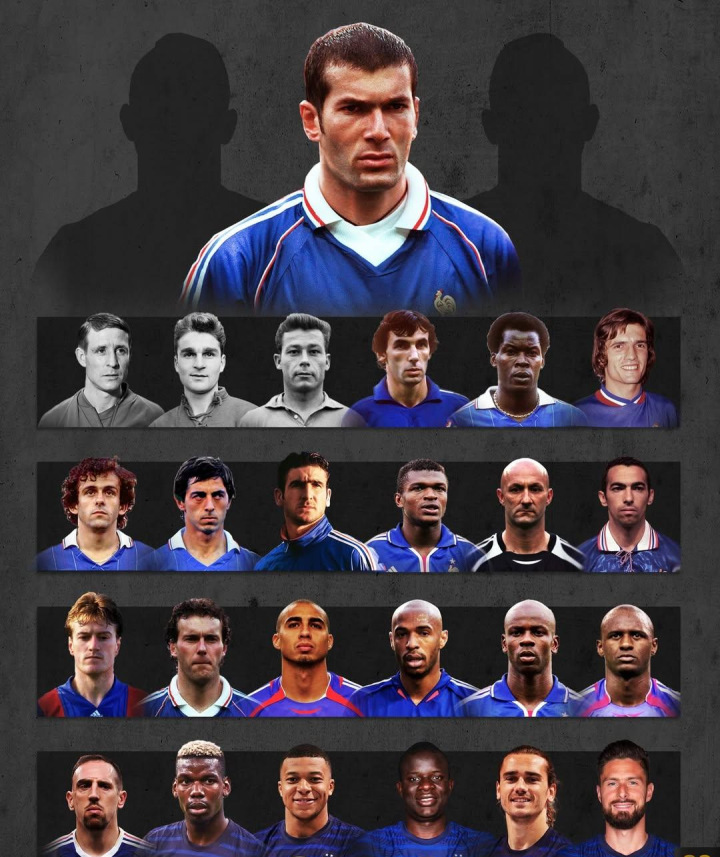
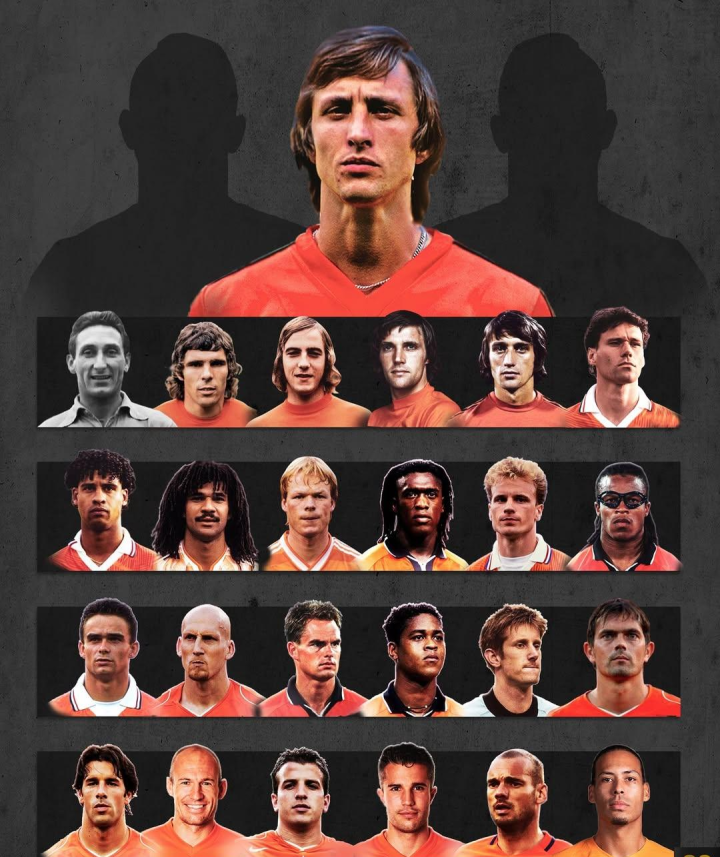
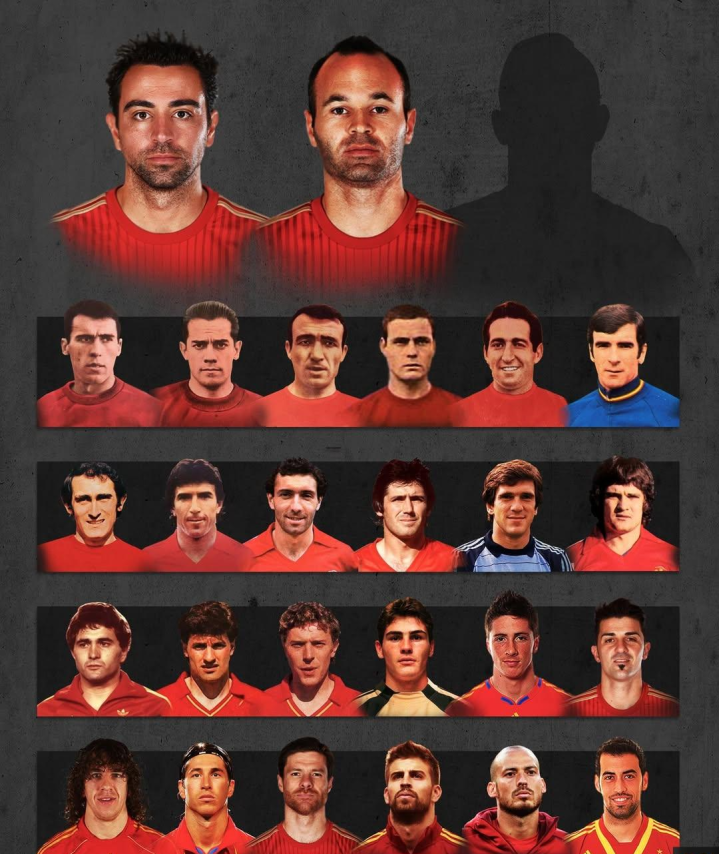
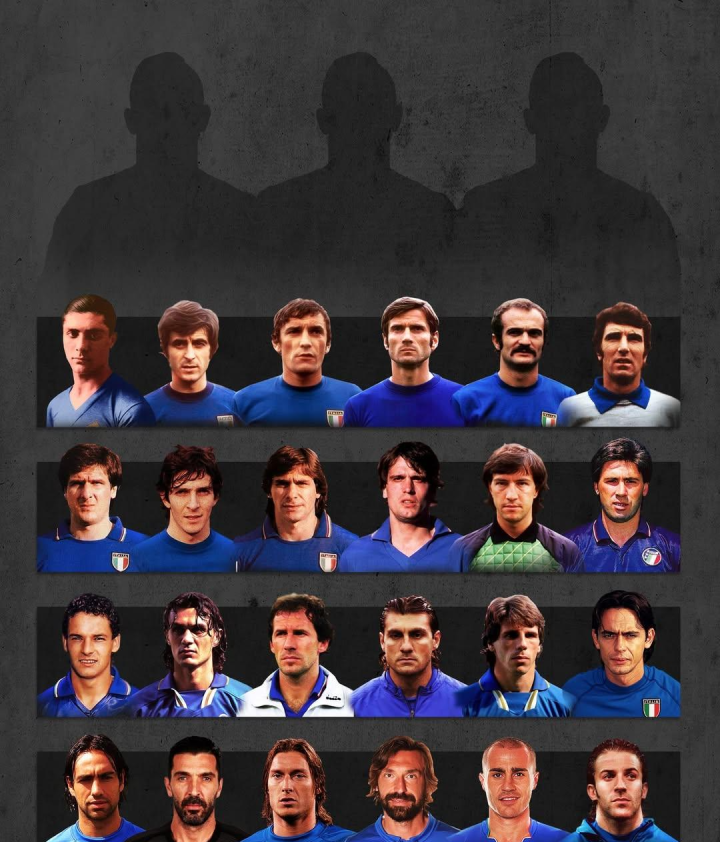
- Recent Posts
-
- What happened? After Shenzhen
- Villarreal is interested in So
- Official: Fei Yu, Yan Xiangchu
- Fan Zhendong made his debut in
- Rafinia shines in Barcelona,
- England Open: Trump beat Holt
- Messi scored a free kick, scor
- 2-0, Wang Shuang scored + led
- Marca: Who is Real Madrid s 10
- Is it a loss? 40-year-old Rona
- Hot Posts
-
- Today s Football Analysis on M
- Romano: Arsenal starts prelimi
- Can Topalovic become a regular
- It is revealed that Manchester
- Telegraph: Tottenham sues Ineu
- Media person: It is hard to sa
- TA: Arsenal s signing of Zubim
- Paris wins the championship! B
- [Champions League] Dembele + K
- The genius boy is resurrected,
- 0 goals in 15 games! 130 milli
- Today s football two strings:
- Love deeply! 19-year-old Belin
- Lafayette s "Change Face" disr
- Desky: Frankfurt is interested
- La Liga 35th round referee: Al
- The price of "offensive footba
- Chinese women s football team
- Leverkusen Supermarket is open
- 3 sports lottery one: 001+003+
- search
-
- Links
-
